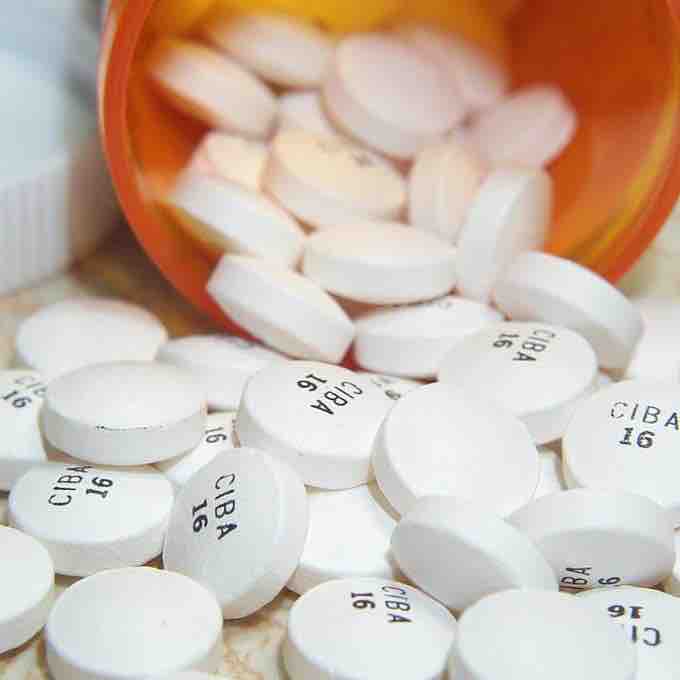A regulatory agency is a body in the U.S. government with the authority to exercise authority over some area of human activity in a supervisory capacity. An independent regulatory agency is separate from the other branches of the federal government. These agencies are within the purview of the executive branch of government, but are internally regulated rather than subject to the direct control of the President.
Regulatory agencies exist to supervise the administrative functions of organizations for the benefit of the public at large. To carry out this function, regulatory agencies are composed of experts in a specific policy area of administrative law, such as tax or health codes. Agencies may carry out investigations or audits to determine if organizations are adhering to federal regulations.
To better understand how independent regulatory agencies function, let us consider the U.S. Food and Drug Administration (FDA). The FDA's mission is to promote public health by regulating the production, distribution, and consumption of food and drugs. When a pharmaceutical company produces a new drug, the manufacturers must submit it to the FDA for approval. The FDA employs experts in pharmaceuticals and drug safety, who evaluate the potential benefits and consequences of the drug. Following reports on the safety of the drug, the FDA determines whether it can be distributed, to whom it can be distributed, and under what conditions it can be safely consumed. The FDA thus uses internal expertise to regulate the pharmaceutical industry.
Regulatory agencies are authorized to produce and enforce regulations by Congress, and are subject to Congressional and legal review as they carry out their functions. Congress may determine that regulatory agencies are obsolete, for example, and may therefore discontinue funding them. Similarly, Congress may choose to expand the authority of a regulatory agency in response to a perceived threat to public safety. Additionally, regulatory agencies are designed to be transparent, such that their decisions and activities are able to be evaluated by the public and by legal review boards.

Food and Drug Administration Regulations
The FDA sets regulations governing which drugs can be distributed over the counter and which require a prescription based on an expert evaluation of the drug's effects.